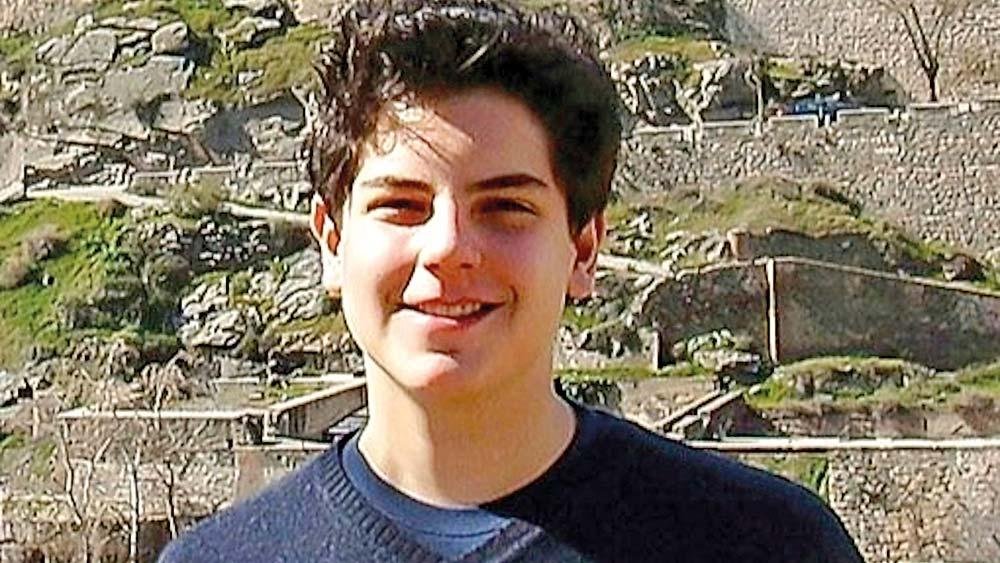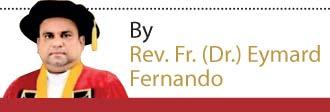12 Oct 2024 - {{hitsCtrl.values.hits}}

 In today’s digital age, technology has become an inseparable part of our daily lives. From smartphones to social media platforms, the world has been brought closer through a constant stream of information, communication, and innovation. For the younger generations, technology holds tremendous potential to educate, inspire, and connect. However, the overuse and misuse of technology have raised significant concerns about its impact on mental health, relationships, and productivity.
In today’s digital age, technology has become an inseparable part of our daily lives. From smartphones to social media platforms, the world has been brought closer through a constant stream of information, communication, and innovation. For the younger generations, technology holds tremendous potential to educate, inspire, and connect. However, the overuse and misuse of technology have raised significant concerns about its impact on mental health, relationships, and productivity.
The challenge lies in how young people can use technology wisely, with moderation, to harness its benefits while avoiding its pitfalls. Blessed Carlo Acutis, a modern saint to be who is a role model for youth, serves as an exemplary figure who demonstrated how technology could be used as a treasure house of knowledge and a tool for personal growth and overall well-being.
Ordinary teenager
Blessed Carlo Acutis (1991–2006) was an ordinary teenager who had an extraordinary love for both technology and his religion. From an early age, Carlo exhibited a keen interest in computers and programming. Yet, despite his technological talents, he recognised the importance of using technology in a balanced way. His short life on earth serves as an inspiring example for today’s youth on how to leverage technology as a force for good without letting it become a source of distraction or dependency.
Carlo understood that technology, like any other useful tool, should serve a purpose and not dominate one’s life. He often said, “We are born originals, but many die as photocopies”. This quote reflects his strong belief that modern technology, while powerful, can sometimes encourage conformity rather than originality and self-discovery. By emphasising moderation and purposeful use, Carlo exemplified how technology could be transformed into a gateway to knowledge, creativity, and self-expression when approached with a clear vision.
Technology as a Tool for Education and Personal Growth
One of the greatest benefits of modern technology is its capacity to provide instant access to knowledge and information. Carlo realised this potential early on. He used his programming skills to build a website cataloguing the Miracles of Jesus present in the Holy Eucharist from around the world. Through this project, he combined his love of technology with his profound religious faith, creating an online resource that continues to inspire and educate people globally.
For today’s youth, the internet is an enormous repository of information. From educational videos and online courses to digital libraries and research tools, the potential for self-education is limitless. Carlo’s use of technology as a platform for learning is a perfect example of how young people can use digital tools to expand their intellectual horizons. By turning the internet into a treasure house of knowledge, Carlo demonstrated that technology could be a vehicle for learning and personal growth, rather than mere entertainment or social comparison. By way of example, a young student of today can use online platforms like Khan Academy, Coursera, or YouTube to learn coding, mathematics, history, or any subject of interest. Instead of scrolling aimlessly through social media, they can set aside some time each day for structured online learning, much like how Carlo used the internet.
Mindful Use of Social Media: Building Genuine Connections
Social media is one of the most prevalent aspects of modern technology, especially for the younger generations. While it allows people to stay connected, share experiences, and express their individuality, it can also foster unhealthy habits such as comparison, anxiety, and addiction. Carlo was active online but was also conscious of how he used his time on the internet. He avoided social media as a means of seeking validation or indulging in superficial interactions. Instead, he used it as a tool to share positive messages and connect with others in meaningful ways.
Carlo’s approach to social media is a powerful lesson for young people who often find themselves trapped in cycles of online comparison or validation-seeking. He showed that it is possible to use social media platforms wisely by focusing on authenticity, kindness, and positive influence. For example, a school student in an upper grade who follows Carlo’s example might limit their time on social media to prevent excessive distraction. These platforms could be effectively used to promote causes they care about, such as mental health awareness, environmental sustainability, or social justice, rather than merely posting for likes or attention.
Balancing Technology with Real-World Experiences
One of the key dangers of today’s technology is its potential to distract us from real-world experiences by making us live in a bubble. For many young people of today, technology can become an escape from reality, leading to isolation and disconnection from family, friends, and nature. Carlo, though highly skilled with computers, ensured that he never allowed technology to consume his life. He had a strong love for the outdoors and frequently engaged in activities such as hiking and playing sports with his friends. He understood that while technology can be an incredible tool, it should never replace human interaction or time spent in the natural world.
The balance that Carlo struck between his technological interests and his real-world interactions is a great lesson for today’s youth. Technology should enhance life, not replace it. By maintaining a healthy balance, young people can experience the best of both worlds – using technology to learn and connect while also remaining grounded in their physical surroundings and relationships. For instance, a student can schedule regular breaks from their screen time, opting to take walks, participate in community activities, or spend time with friends and family offline. Like Carlo, they can use technology to coordinate these events but prioritize personal, face-to-face interaction.
Preventing Overreliance and Addiction to Technology
With the constant availability of technology, there is also an increasing risk of addiction to screens, games, and social media. Carlo understood that technology should be used in moderation and not become an all-consuming activity. He made a habit of limiting his time online, focusing on what truly mattered in life: personal growth, relationships, and religious duties.
This principle of moderation is crucial for today’s youth, many of whom struggle with compulsive technology use. Setting boundaries and practising self-discipline in technology use can prevent the negative effects of overexposure such as anxiety, sleep disturbances, detachment from social life, and academic decline. Carlo’s disciplined approach to technology is a model for using digital devices in a way that enhances rather than undermines overall well-being. For example, a teenager who realizes that they are spending too much time on video games might follow Carlo’s example by setting limits, such as restricting gaming time to weekends or specific hours, and instead spending more time reading, exercising, or pursuing a hobby.
Technology as a Platform for Positive Influence
While Carlo is primarily known for his holiness, his use of technology also offers insights into secular examples of positive influence. He utilised the internet as a platform for evangelisation, sharing his passion for religious faith and encouraging others to explore their true self. For young people, this demonstrates the power of technology to spread messages of hope, positivity, kindness, and social responsibility.
Although not everyone may use technology for religious purposes, the principle of using digital platforms to uplift and inspire others remains relevant to all. Today’s youth can take inspiration from Carlo’s mission to use technology for the greater good, whether through promoting charitable causes, spreading awareness of important issues, or offering support to those in need. A practical example regarding this is a young adult using their social media account to share inspirational quotes, promote mental health awareness, or support environmental conservation. By creating or engaging with content that has some positive impact on others, they can surely contribute to a more constructive and beneficial digital culture.
Thus, the life of Blessed Carlo Acutis offers a blueprint for the wise and moderate use of modern technology in this digital world. His approach to using technology for education, personal growth, and positive influence stands in stark contrast to the often excessive and unproductive ways technology is mishandled today. Carlo’s balanced, intentional, and mindful use of technology, coupled with his deep personal values, is a lesson for young people navigating the many challenges of the digital age. By following this great example, the youth of today can transform technology into a treasure house of knowledge, creativity, and meaningful connection, ensuring that it serves their growth and well-being rather than hindering and harming it!
(The writer is a diocesan archivist, Catholic Bishop’s House, Kurunegala)
25 Dec 2024 9 hours ago
25 Dec 2024 25 Dec 2024
25 Dec 2024 25 Dec 2024